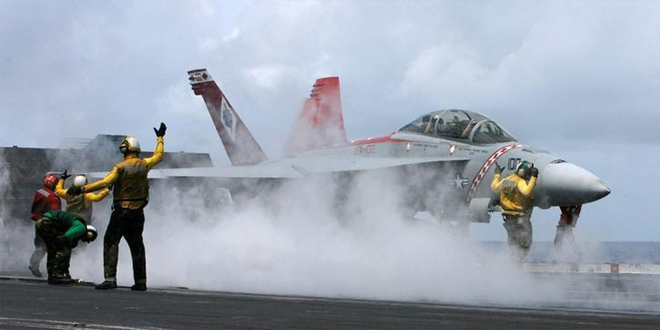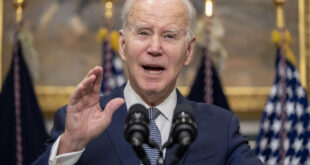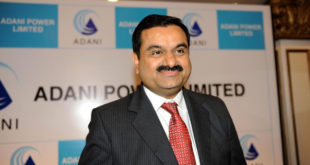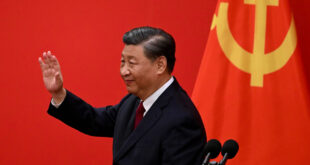As it was two horses race for acquisition of single-engined fighters aircraft deal, the Lockheed of US firm partnering with Tata Advanced System for the F-16 Block 70/72 and Saab of Sweden in partnering with the Adani Group for the JAS-36 Gripen E the deal is to be struck under the new “strategic partnership” route incorporated into Defence Procurement Procedures(DPP) 2016.Under “strategic partnership “ framework It is supposed to be promoting amajor role for private sector defence manufacturer in India, Original Equipment Manufacturers (OEMs) of high-tech military platforms will combine with identified Indian firm partners to make in particular submarines, fighter aircraft, helicopters and armoured carriers or tanks. Now, these were picture according to norms and to concern parties. However here the question of Saab –Adani aside, is that of US firm and Lockheed and Tata were upon decided firm wants its tech control.
US Firm offering to set up production in India of single-engine fighter deal is expected to be worth over Rs 60,000crore want stronger assurances that they don’t have to part with their proprietary technology according to business lobby’s group letters to Indian’s defence minister. Lockheed is also saying they shouldn’t be held responsible liable for defects in a product manufactured in collaboration with local partners under PM Modi’s Make In India project to build a military industrial base. Lockheed has offered it will shift its F-16 production line to India from Fort Worth, Texas and make it sole factory worldwide if on condition that Indian orders at least 100 Single-engined fighters.
However, Lockheed has picked its local partner firm as Tata Advanced Systems as under defence ministry’s new strategic partnership model of(OEMs) can hold upto 49% stake in a joint venture with an Indian private firm which will hold the majority of shares. IT was a letter from USIBC ( US-Indian business Council) wrote about Us firms Lockheed would retain control over sensitive technology even as joint venture junior partners was given India’ defence minister.
Now here comes to two points to consider Firstly of Technology Transfer is at the heart of Modi’s drive to build a domestic industrial base and cut dependence on imports that have in recent years made India the world’s biggest importer. The problem here is without India getting full tech transfer India will be where it was when many state-run defence factories have largely been left to assemble knock-down kits even for tanks and aircraft produced under licence from an foreign maker or firms. So as per Modi’s advisers have taken a hard step to change circumstances that its insistence on the transfer of technology so that critical military equipment will be designed and manufactured under “Make In India” tag.
Secondly about the USIBC also opposed firm’s clause in new rules that held foreign firms jointly responsible for the quality of the platform provided to the military putting it as legal liability is an important factor in business decisions. As USIBC said “We recommend the MoU (ministry of Defence) affirm that foreign OEM’s will not be liable for the defects outside their company’s control. Concern over Indian private firms lack of experience in the aerospace is to be considered .The only state-run Hindustan Aeronautics LTD had made planes under licence and some private players were starting from scratch never been built aircraft component. As official put in that foreign firms can raise their stake from49% if there bring state of art tech.
However, USIBC president Mukesh Aghi in the forum said that despite starting problems defence manufacturing looked set to be a breakthrough area in ties between India and US and it is all supported by Trump administration.
 India One News
India One News





